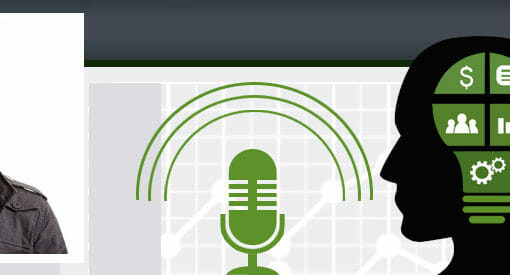Facebook Algorithm Update Penalizes Low-Quality Links
[Free Consultation] Are you spending money on advertising but not getting the results you want? Are you looking for more sales and leads but have no idea where or how to start? Get help from our world-class marketing experts in a free consultation call.
Click Here To Schedule Your Free Consultation Now
As of May 10, 2017, Facebook will be undergoing a pretty significant shift when it comes to news feed content.
With any media company that allows people to read and interact with different forms of content through its site, there’s always one problem that comes up sooner or later: clickbait.
Eventually, the content that bubbles to the top ends up being things like “10 Little Known Ways to Lose Fat” or “This Little Trick Cures Cancer.” These are low-quality articles that end up getting a lot of traffic because of their attention-grabbing headlines or provocative pictures.
Years ago, it was easy to game Google search engines by slapping up clickbait content and driving a bunch of links to it – until Google decided to penalize sites that did that.
Now Facebook is using machine learning to crack down on pages that spread low-quality content. Click To TweetAccording to Facebook, an algorithm update will lower the reach of posts containing links to low-quality web pages. The new update will penalize organic posts, Instagram ads and Facebook ads that create content that takes away from the user experience.
Related News: Facebook Lead Ads Can Now Track Offline Conversions
Because only a limited number of profiles on Instagram are allowed to post links in organic content in the first place, this update won’t affect Instagram organic posts.
What Constitutes a Low-Quality Link?
Facebook is using machine learning technology to “train” its algorithm on how to identify posts with links to low quality websites.
According to Greg Marra, a news feed product manager, Facebook has analyzed patterns that characterize pages with clickbait articles that offer little value. For example, some of the things that might be red flags are:
- the amount of original content on the page that’s being linked to
- whether the page is filled with ads and interruptive popups
- the images and headlines used in the Facebook post
If the post has shocking images that are not relevant to the article, it’s more likely to get penalized.
Potential Future Changes
It’s clear that Facebook is following Google’s example when it comes to creating algorithms that filter for quality content. Earlier this year, Google announced that they’d be penalizing sites that have intrusive popups, in addition to their existing penalties on sites that have spammy content and poor user experience.
We can expect that in the future, Facebook will continue to decrease the reach of pages and companies that post ads that aren’t native to the user experience on Facebook.
